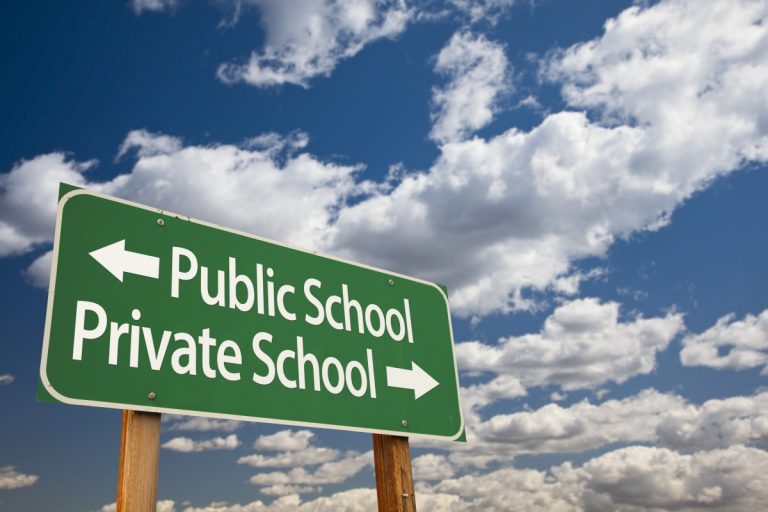
Googling ‘best schools in the US’ pulls up seemingly endless pages of conflicting ranking lists and promotional blog posts. So how exactly is one supposed to sift through all the entries without investing hours into education scrolling?
US Education Secretary, Betsy DeVos, has only deepened the wormhole of finding the right school recently, through her support for charter schools.
Charter schools, privately owned but publicly funded through school vouchers, give parents more choice – or generate more confusion around where to send their children.
Parents and students now not only have to navigate the classic public vs private school decision, which is primarily motivated by money, but they also have the option of a hybrid.
School rankings are helpful pointers to the best schools in the country. But they can just complicate the situation more when providers publish conflicting results.
Take Niche’s Best Schools in America 2016 and the US News and World Best High School rankings for example. Their school rankings are equally respected, even though they only have one school in common in their Top 10 Schools.
Why? Because they are based on different criteria.
Racial diversity and student experiences will get institutions top-of-the-class rankings on Niche’s school guide. But if you are looking for a school that will get your child into an Ivy League College, Niche will prove rather useless. In this case, US News and World’s rankings are better suited as they class schools based on top marks in college-level courses.
In order to get the most out of online school rankings, you must identify your own criteria and focus on a ranking that mirrors that.
Laura Owen, Director of the American University School of Education’s Center for Postsecondary Readiness and Success, told VOA News parents must choose the school that will best help a child reach their academic and social potential, rather than basing their decision on the best school on paper.
The height of academic excellence is unlikely to also be at the forefront of creative development, which is also unlikely provide special needs care, for example.
So, while parents and students may be drowning in conflicting rankings and reports, identifying individual needs is key to finding the right school for you.
Liked this? Then you’ll love these…
US Education Secretary sparks outrage by claiming schools are like food trucks
Top 3 tips for applying for FAFSA: Free Application for Federal Student Aid







